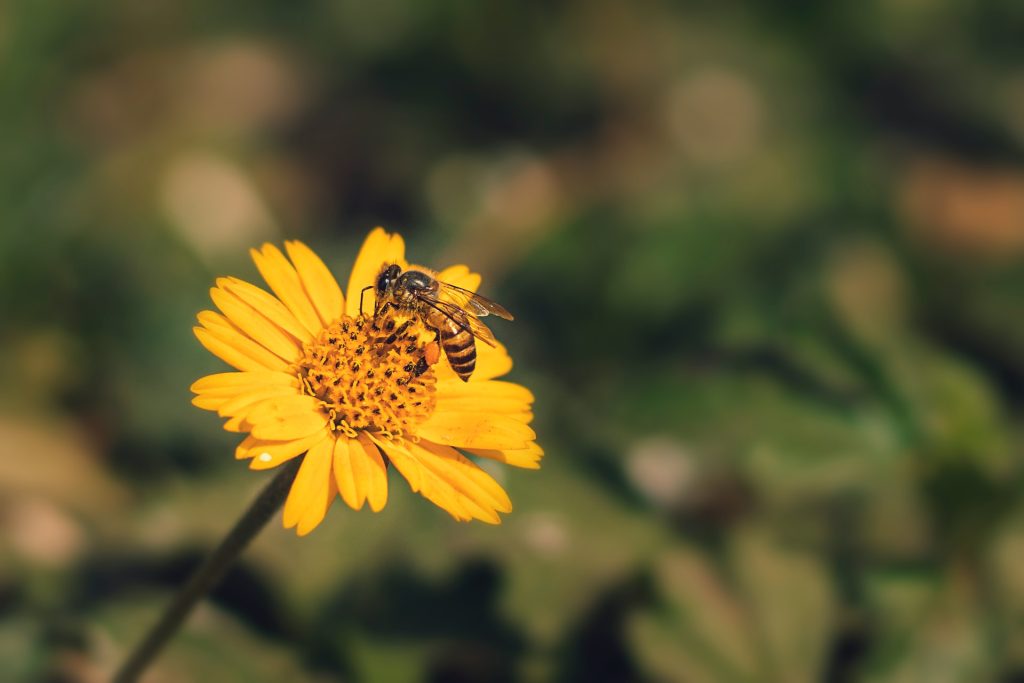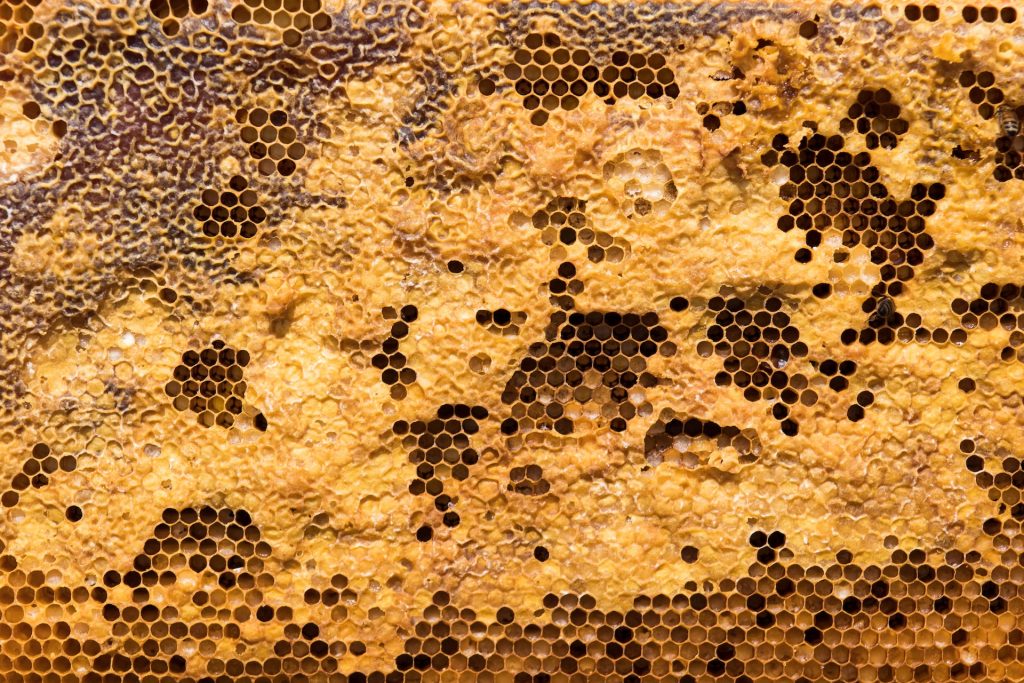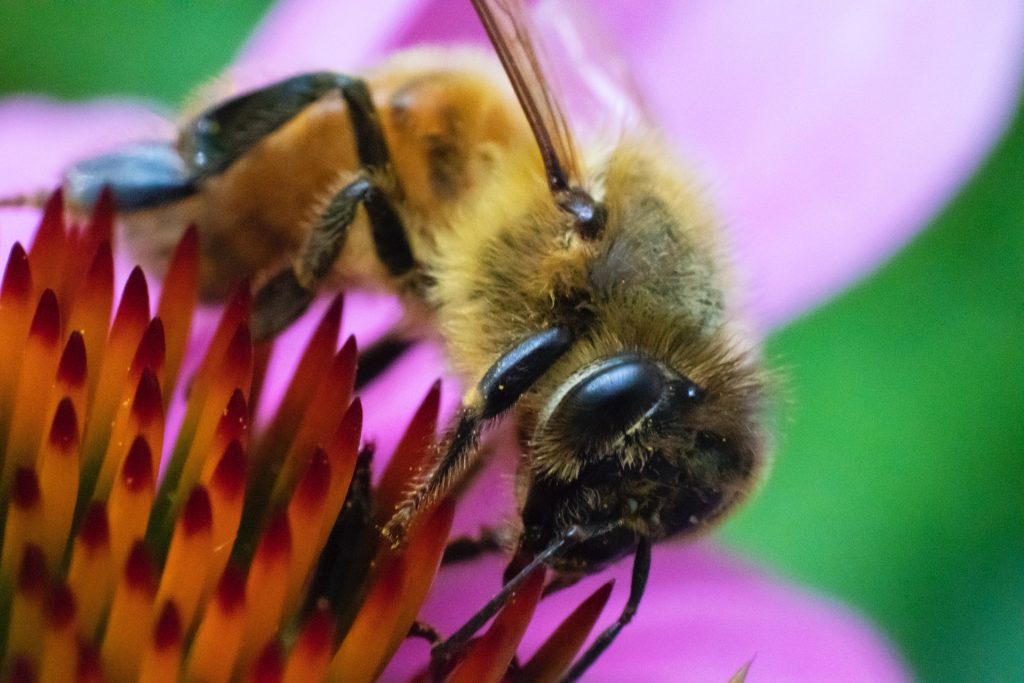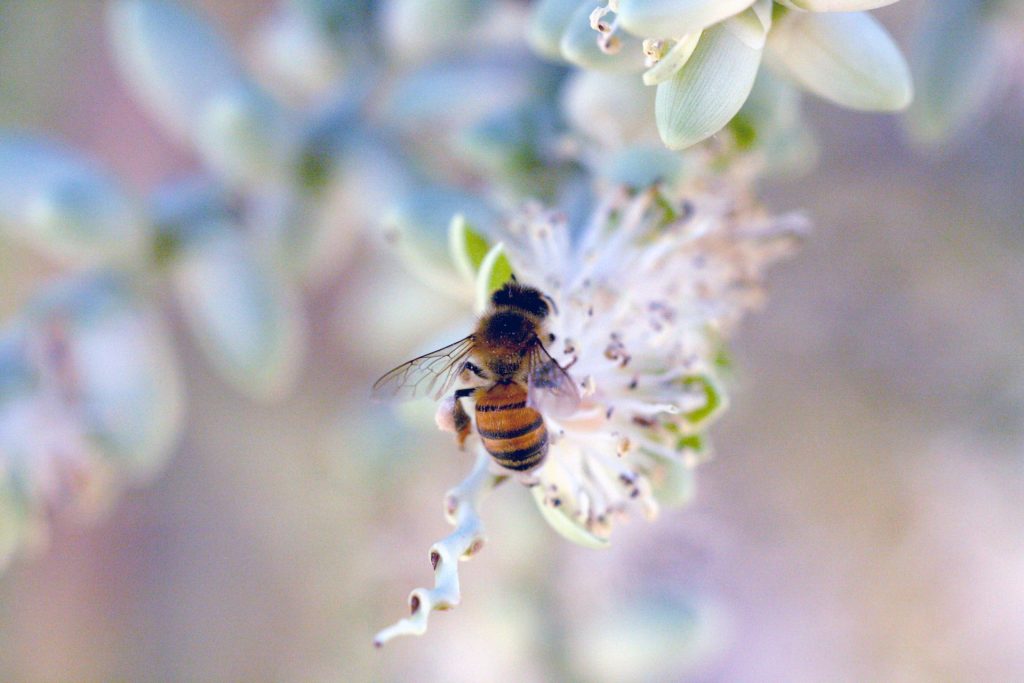Beekeeping, also known as apiculture, is the practice of maintaining honey bee colonies to collect honey, beeswax, and other bee products. It has a long and fascinating history, dating back to ancient times. From the earliest beekeepers to modern-day apiculturists, beekeeping has evolved significantly over time. In this article, we will explore the history of beekeeping, from ancient beginnings to modern-day practices.
Ancient Beginnings: The First Beekeepers
Beekeeping can be traced back to ancient civilizations in Egypt, Greece, and Rome. The ancient Egyptians were the first to cultivate honeybees, and they used honey for medicinal and culinary purposes. In ancient Greece, beekeeping was seen as a sacred practice, and honey was used as a form of payment. The Romans also kept bees and used honey to sweeten their food and wine.
The Importance of Bees in Human History
Bees have played a crucial role in human history. They are essential pollinators, helping to fertilize plants and crops. They also produce honey, which has been used for food, medicine, and religious ceremonies. In many cultures, bees were seen as symbols of fertility, creativity, and community.
Innovations in Beekeeping: From Skeps to Hives
Over time, beekeeping methods evolved. In the Middle Ages, beekeepers used woven baskets called skeps to house their bees. In the 18th century, the first modern beehive was invented by a man named Lorenzo Langstroth. His hive design allowed beekeepers to easily inspect and manipulate the hive without harming the bees.
Modern Beekeeping Practices: Challenges and Opportunities
Today, beekeeping faces a number of challenges, including habitat loss, pesticide exposure, and disease. However, there are also opportunities for innovation and growth. Many beekeepers are turning to sustainable and organic practices to protect bees and their habitats. There is also a growing interest in urban beekeeping, as more people recognize the importance of bees in our ecosystem.
Beekeeping has come a long way since its ancient beginnings. From skeps to hives, beekeepers have developed innovative methods to protect and care for their bees. While the challenges facing beekeepers are significant, there are also exciting opportunities for growth and innovation. Whether you are a seasoned beekeeper or just starting out, there has never been a better time to get involved in this important and rewarding practice.





